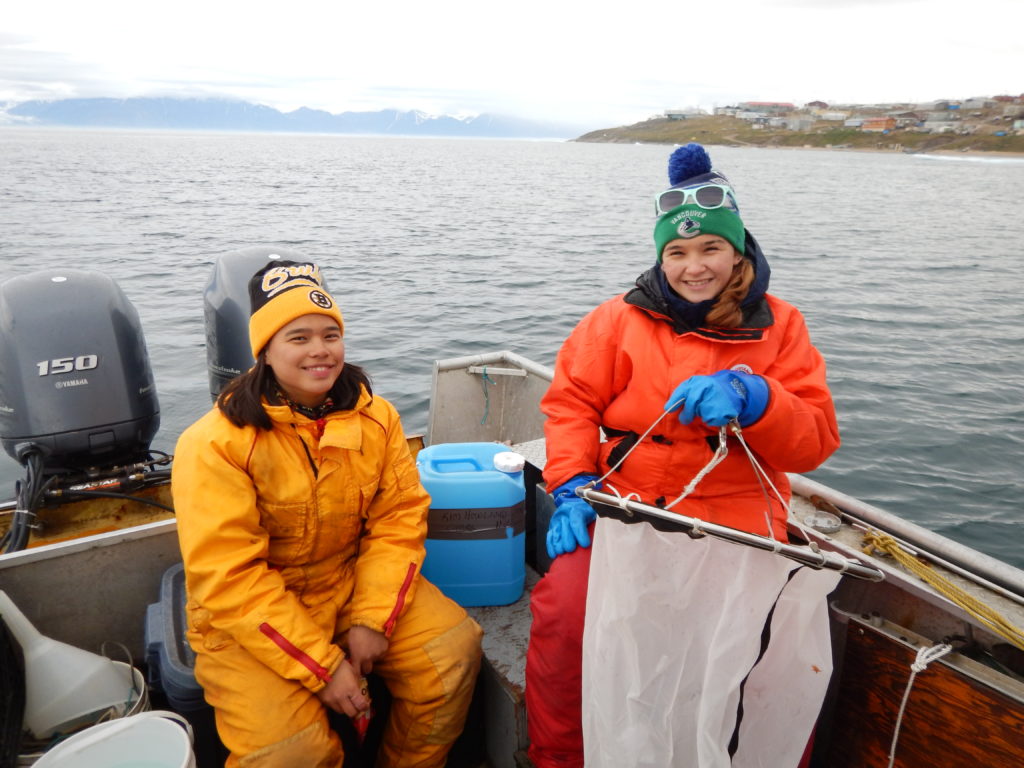Securing sustainable northern fisheries
This project builds upon an existing partnership among Ocean Wise, Arctic communities and Nunavut-based fisheries organizations to future-proof Arctic small-scale fisheries by ensuring their locally harvested products are widely available across Canada, while keeping Northern businesses resilient and culturally relevant.
Several Nunavut communities have, or are developing, small-scale commercial fisheries to create local economic opportunities that are socially, culturally and environmentally sustainable. These businesses need a competitive edge to succeed. Gaining this edge is a challenge for many small Indigenous fisheries that lack access to Canada’s growing market for sustainably farmed and harvested seafood products. Northern small-scale fisheries are often environmentally sustainable but lack the resources to collect the scientific data required by major seafood sustainability ratings programs to endorse their catch.

Future Skills Centre is investing $971,464 in this 2-year project. This partnership will build a Northern network of fishing communities and fisheries organizations that will co-develop and test an assessment framework that relies equally on local Indigenous knowledge and scientific data to determine Arctic Indigenous fishery sustainability. This valuable tool will allow major seafood ratings programs to assess Arctic community fisheries and recognize their products as sustainable. This will allow greater Southern market access and higher market value for their products while ensuring Northern community fisheries can continue to grow and operate in ways consistent with Inuit values, culture and practices.
Evaluation Strategy
This project is evaluated using tools and approaches aligned with its goals, context, and stage of development. The evaluation focuses on generating the right evidence at the right moment to move the intervention forward. Read more about our evaluation strategy.





